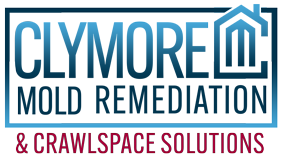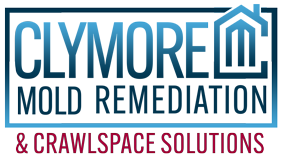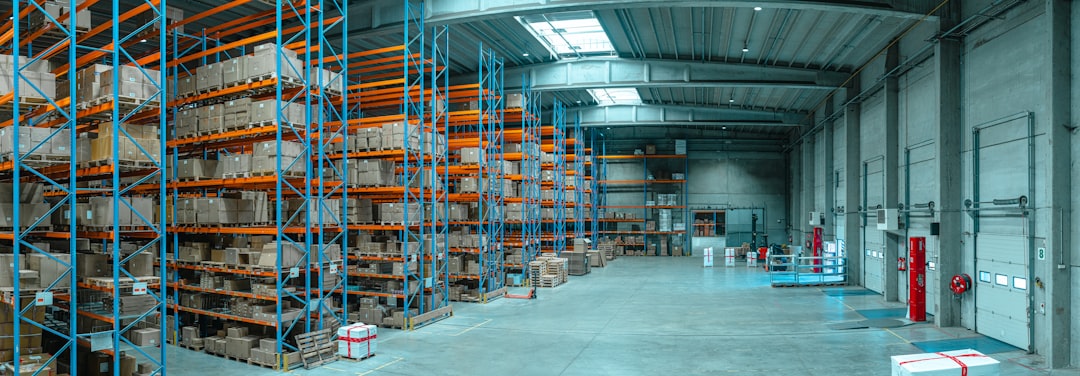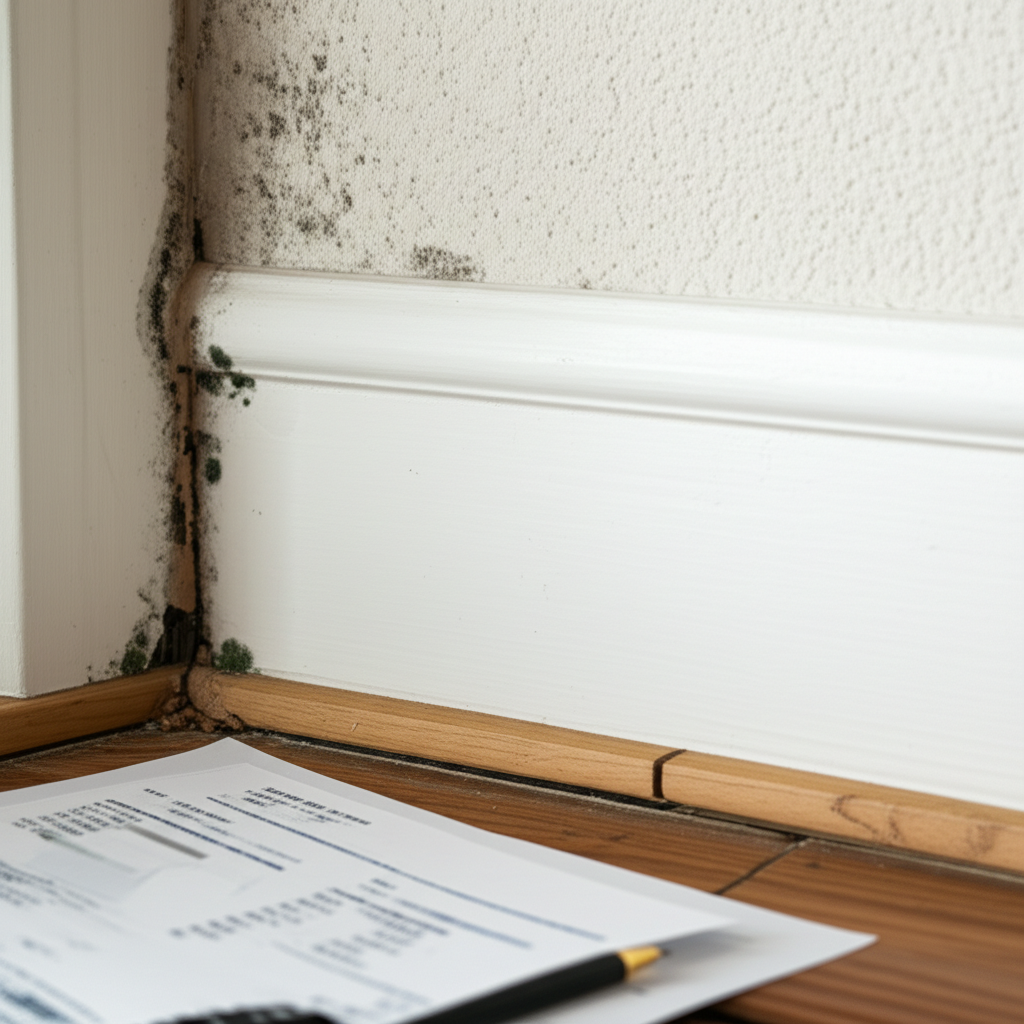Importance of Mold Inspection in Commercial Properties
Mold inspection is a crucial aspect of maintaining a healthy, safe, and legally compliant commercial environment. Mold can significantly impact indoor air quality and can lead to a variety of health issues for occupants, which is why regular inspections are essential. Companies like CLYMORE MOLD, with over 35 years of experience, especially emphasize the importance of proactive mold management in commercial settings.
Economic Implications of Mold in Commercial Settings
Mold infestations can lead to substantial economic losses for businesses. These can include direct costs related to remediation and indirect costs such as decreased property value and lost productivity due to health concerns from employees and customers. According to industry data, the presence of mold can decrease property values by up to 10%. Mark Clymore of CLYMORE MOLD highlights a case where a small mold issue, left unchecked in a commercial property in Atlanta, escalated into a large-scale problem that required extensive remediation, costing the property owner significantly more than what regular inspections and early intervention would have.
Regulatory and Health Perspectives
Commercial property owners are legally obliged to ensure their buildings are safe from health hazards, including mold. The presence of mold can violate local health codes and lead to legal actions from tenants and employees. For example, CLYMORE MOLD once intervened in a commercial building in Atlanta where tenants were experiencing respiratory issues. Early mold detection and remediation prevented potential lawsuits and enhanced tenant retention, underscoring the preventative value of regular mold inspections.
Case Study: Proactive Mold Management
In one instance, a commercial client from Atlanta contacted CLYMORE MOLD for an inspection as part of their regular maintenance schedule. The inspection revealed early signs of moisture accumulation and mold growth in the HVAC system, which was promptly addressed. This early detection saved the client a significant amount in potential HVAC system replacements and mold-related health claims from employees, demonstrating the cost-effectiveness of regular inspections.
Technological Advancements in Mold Detection
Technological advancements have significantly improved the effectiveness of mold inspections. Tools such as infrared cameras and moisture meters allow for non-invasive analysis of mold presence, making regular inspections less disruptive to business operations. CLYMORE MOLD incorporates these technologies, offering free mold inspections to commercial properties in Atlanta, enhancing service value and reliability.
Building Trust and Credibility
Trust and credibility are paramount in the mold remediation business. CLYMORE MOLD, a BBB Accredited business, has consistently demonstrated reliability and expertise in mold inspection and remediation. Customers have shared their positive experiences in the Google reviews, which speak to the thoroughness and effectiveness of their mold inspection services.
Conclusion
Regular mold inspection is a critical business practice for maintaining commercial property value, ensuring health and safety compliance, and preventing significant financial losses due to mold-related issues. With the expertise of companies like CLYMORE MOLD, commercial property owners in Atlanta can effectively manage mold risks through strategic, regular inspections and interventions. This approach not only safeguards physical assets but also protects the health of building occupants and the financial wellbeing of the business itself.




